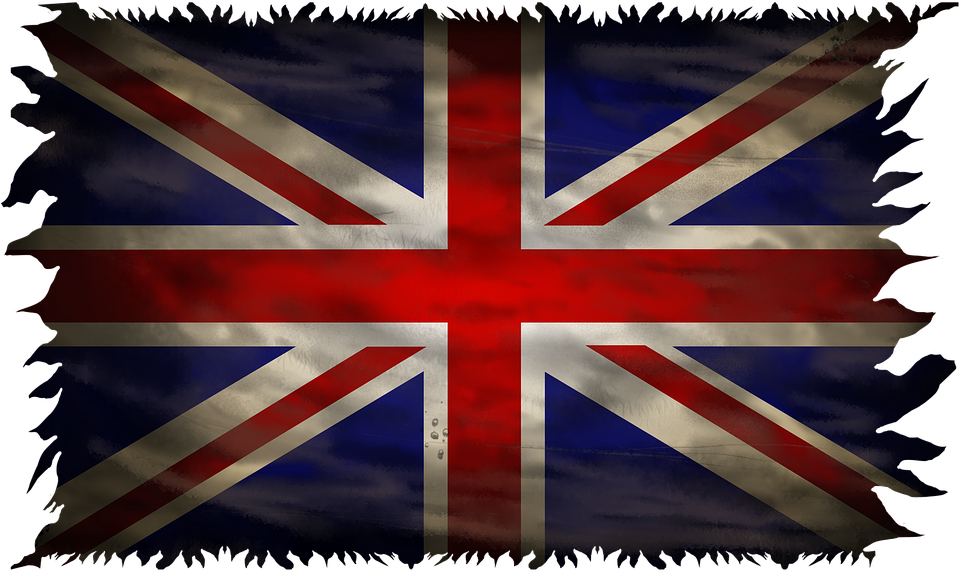Boris Johnson has lead his party to the biggest Conservative victory since the 1980s. Winning 364 of the 650 seats in parliament, the Tories now have strong majority and Johnson a clear mandate to ‘get Brexit done’. However voters in Scotland and Northern Ireland are far less eager to leave the European Union it seems. In Scotland, the Scottish Nationalist Party (SNP) surged ahead securing 45% of the votes. While Northern Ireland voted 56 per cent to 44 per cent to remain, in the Brexit vote.
Get Brexit done!
Since the initial Brexit referendum three years ago, many have blamed then British Prime minister, David Cameron, for needlessly creating a problem where there wasn’t one. But these election results suggest otherwise. Boris Johnson has lead his party to a resounding victory on the most simple of election slogans: Get Brexit done. Johnson’s self-described, ‘stonking’ mandate now means that the Tories now have free reign to go about leaving the European Union as they see fit. The problem however, is that few concrete details have thus far been provided. One of Johnson’s final pre-election stunts involved driving a Brexit backhoe through a wall of polystyrene bricks with the words ‘gridlock’ on them. This was apparently enough for the majority of Britons.
Election results show however, that for Scottish and Northern Irish voters, Boris Johnson’s devil-may-care exit plans are far less appealing. Nicola Sturgeon’s nationalist party gained thousands of votes in every seat, even unseating Lib Dem leader, Jo Swinson, in East Dunbartonshire. Ms Sturgeon said the results exceeded even her expectations. ‘Scotland has sent a very clear message – we don’t want a Boris Johnson government, we don’t want to leave the EU.’ With a 68.1% voter turnout in Scotland, the SNP’s landslide victory has been heralded by Sturgeon as ‘a clear endorsement’ for a second independence referendum.
A second independence referendum for Scotland?
Scotland held a first independence referendum in 2014 when 55% of voters chose to remain within the United Kingdom. However after the Brexit vote in 2016, opinion polls showed widespread reluctance among the Scottish public to leave the EU. Scotland’s union with Britain was created in 1707. First Minister, Sturgeon, herself admits that not all SNP voters want to leave the Union. Nevertheless, Sturgeon will now request a second referendum from the UK Government.
Results in Northern Ireland, although not as decisive, returned more nationalist than unionist MPs for the first time. The Democratic Unionist Party (DUP) suffered ‘a bruising’ election night. Signficantly, it lost both North and South Belfast, including its Westminster leader, Nigel Dodds. This is significant as Dodds was a powerbroker in May’s Brexit negotiations. The DUP propped up the minority Tory government after the 2017 general election. Adding insult to injury, Dodds lost his seat to high profile Sinn Féin MP, Mr. Finucane, Lord Mayor of Belfast. ‘North Belfast is a remain constituency and wants a future as part of the European Union.’ he said. In South Belfast, DUP MP lost to another Irish nationalists, the Social Democratic and Labour Party (SDLP).
Best Christmas present for Northern Ireland?
Although election results in Belfast showed significant change in sentiment from unionist to nationalist, the DUP is still the largest party. Nevertheless it holds fewer seats than Sinn Féin and the SDLP and this means a return to Stormont. New talks aimed at restoring the power-sharing executive are due to start on Monday. The devolved government at Stormont collapsed in January 2017 after bitter disagreements between Sinn Féin and the DUP. “As it turns out, nobody is going to stop Boris’, said Sinn Féin leader Mary Lou McDonald. But results in Northern Ireland have created renewed interest in the restoration of the Assembly that has lain dormant for nearly three years. Getting around the table and agreeing to restore the territory’s devolved government, ‘would be the best Christmas present for the people of Northern Ireland’ says DUP MP, Jeffrey Donaldson.
So the question now, is what kind of Brexit does Boris Johnson have in mind? For the nature of Britain’s now assured exit from the European Union, will clearly impact a second independence referendum for Scotland and Northern Ireland’s long-term political landscape. No real solution for the Irish backstop has yet been found. As such, it will continue to be a sticking point for the Republic of Ireland and the EU more generally.
Increasing strain on the ties that bind the United Kingdom.
The first hurdle, is time. Britain will now definitely leave the EU on the 31st of January. But the period allocated for so called transition is ridiculously short – the end of 2020. European Commission President, Von der Leyen has described it as, ‘very challenging .’ Nevertheless, the Conservatives vowed in the election manifesto not to request an extension to this deadline. A request for transition would need to be made by June, 2020. Such a deadline gives little hope of anything more than World Trade Organisation rules for Britain’s future relationship with the EU. Hardly optimal. Yet it is very difficult to tell what Johnson really has in mind when it comes to his long awaited Brexit. One thing however seems certain, whatever shape or form the ultimate exit takes, it will significantly increase the strain on the ties that have bound the United Kingdom for centuries.

